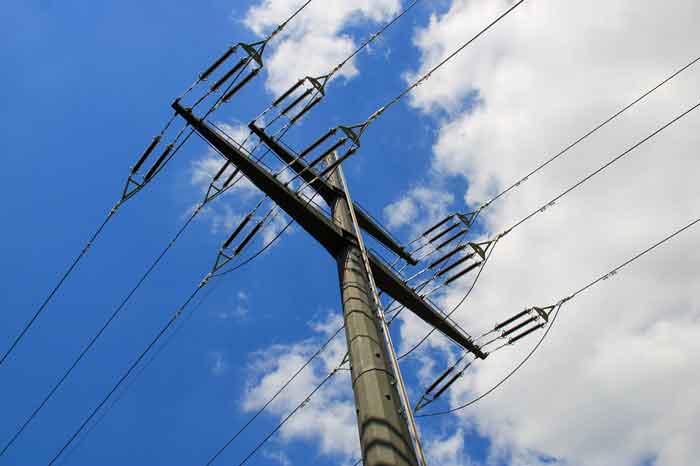Utility seeks lower rates in Arkansas
But SWEPCO already has pending before the commission a general rate-increase request that would offset the lower rates stemming from cheaper fuel.
The lower fuel factors stem mostly from lower natural gas prices, SWEPCO said in a news release. If approved by the PSC, the rate cut would take effect March 30 and run through 2010, according to the release.
The Shreveport, La.-based company serves about 135,000 customers in Arkansas.
The company said the new fuel factors would result in a drop of about $13.30 per month, or about 15 percent, for Arkansas residential customers using 1,000 kilowatt-hours per month.
On Feb. 19, SWEPCO filed a request with the PSC for a 17.7 percent rate increase totaling about $53.9 million. The utility, a subsidiary of American Electric Power based at Columbus, Ohio, said $28.6 million of the requested increase would be to recover financing costs from a $2 billion coal-fired power plant that is under construction in Hempstead County and from a plant being built in Louisiana.
The other $25.3 million would cover expanded infrastructure and "ongoing operating costs."
If Arkansas regulators approve the rate hike, it would go into effect later this year or in early 2010. SWEPCO said the rate increase would cost the average ratepayer an additional $15.43 per month.
Related News

B.C. politicians must focus more on phasing out fossil fuels, report says
VANCOUVER - Politicians in British Columbia aren't focused enough on phasing out fossil fuel industries, a new report says.
The report, authored by the left-leaning Canadian Centre for Policy Alternatives, says the province must move away from fossil fuel industries by mid-century in order to meet its climate targets, but adds that the B.C. government is ill prepared to transition to a green economy.
"We are totally moving in the wrong direction," said economist Marc Lee, one of the authors of the report, on The Early Edition Wednesday.
He said most of the emphasis of B.C. government policy has been on slowing reductions…




